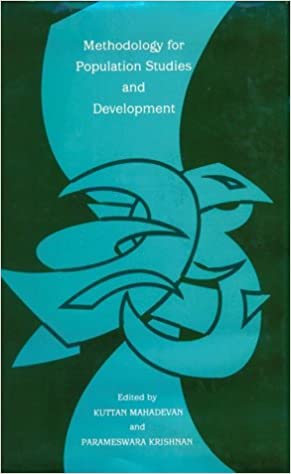
Methodology for population studies and development
By - Mahadevan, K., Krishnan, P.Social and economic development are areas of primary and current concern to both the governments and peoples of the developing world. It is, therefore, essential that the diverse outcomes of developmental activities are constantly monitored and evaluated both to minimise the negative and unintended consequences of such efforts and to ensure that they are increasingly effective. To do this, it is necessary to develop appropriate research designs and methods. This pioneering volume explores various aspects of research methodology related to assessing the interaction between development and population behaviour with all its social ramifications. The contributors approach development in a broad holistic perspective and present interdisciplinary methods for the study of population processes. In addition, they stress the importance of both theory and methodology showing how they are, in essence, two sides of the same coin. The three essays in the first section discuss the various available theoretical-analytical frameworks in the field of social demography and present a scheme of causal models. The nine papers in Part II deal with interdisciplinary methods for population research drawn from anthropology, geography, mathematics, psychology, sociology community health, and systems analysis. A holistic and comprehensive model of development, which emphasises the quality of life, is presented in Part III. In the next section, various data analysis techniques, methods of household projection, and ways of estimating old age survival are presented. The final section is devoted to action research, an essential aspect of all developmental programmes. Covering a wide range of conceptual, theoretical and methodological issues relating to population and development processes in an interdisciplinary framework this book will be essential reading for students and teachers in the fields of demography, anthropology, statistics, sociology, psychology, development studies, community health and social science research methods